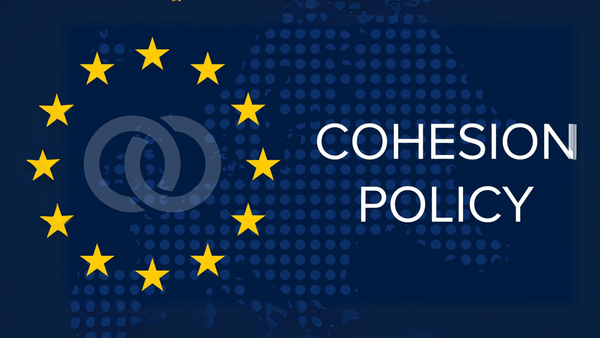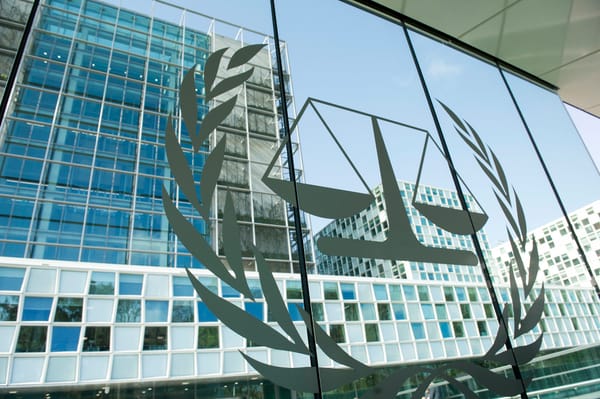
Hungary makes giant bid to buy Vodafone
Vodafone Group has agreed to sell its Hungarian subsidiary to the Hungarian state and government-affiliated systems integrator 4iG for HUF 715bn (EUR 1.75bn) in a cash purchase, the parties announced on Monday.
According to the preliminary, non-binding agreement, 4iG would own 51% of Vodafone Magyarorszag, and the cash-strapped Hungarian state would acquire 49%, via the government’s holding Corvinus.
The planned acquisition announced on Monday is expected to be completed by end of the year, subject to due diligence and regulatory approvals. 4iG shares climbed by over 10% to a seven-month high of HUF 860 on Monday, compared to Friday’s closing price.
4iG chairman-CEO Gellert Jaszai called the prospective deal the biggest shake up of the Hungary’s telco sector since the 1990s. “The acquisition will create a predominantly Hungarian-owned group of info-communications companies and a clear number two operator in the Hungarian market,” Jaszai said, adding that “our group will have one of the largest digital infrastructures in Hungary”.
The deal is the latest step of 4iG and the Hungarian government to create a “national champion” to compete with the German-owned market leader Magyar Telekom. Earlier 4iG bought Romanian operator DIGI’s Hungarian operation.
As well as becoming a major player in mobile telecommunications, 4iG will also acquire landline and internet, subscription and terrestrial television services, creating potential for further growth through cross-selling.
Vodafone Magyarorszag has a payroll of over 3,000 in Hungary and booked an annual net revenue of HUF 278bn in the 2021-22 financial year. The sale price represents 7.7 times Vodafone Magyarorszag’s Ebitda for the financial year that ended on 31 March.
The company is currently the number two player in Hungary for subscriptions, with over 3.8 million customers, including 700,000 broadband clients.
Vodafone Magyarorszag had a 29.4% market share at the end of 2021, behind Magyar Telekom (41.7%), but ahead of Yettel (26.4%), according to Hungary’s telco watchdog NMHH. Regarding fixed broadband, Vodafone Magyarorszag was third with a 21% market share last August, behind Magyar Telekom on 39.8% and DIGI on 22.2%.
On the acquisition, 4iG will have five million customers, in a country of just under ten million people, and 7.6 million revenue-generating units.
The Hungarian state is participating in the domestic ownership of Vodafone Magyarorszag, Economic Development Minister Marton Nagy told state news agency MTI on Monday.
Since regaining power in 2010, the Hungarian government has sought to increase Hungarian ownership in sectors of “national strategic importance”, Nagy said. Having achieved this in the banking, energy and media sectors, now the Hungarian state “will become a serious player in the telecommunications market”, he added.
“We received an attractive offer for Vodafone Hungary, which was in the interest of Vodafone’s shareholders to accept,” Ben Padovan, Vodafone Group’s head of corporate communication told the media.
“Business relations with Vodafone Hungary will also continue through our 82% stake in (transmission tower operator) Vantage Towers,” Padovan told website 444. “Vodafone will continue to have a service business in Hungary,” he said, referring to Vodafone Intelligent Solutions.
During several years of rapid expansion, the Hungarian-government-linked company has made several major investments in Balkan countries, most recently in Albania, where 4iG snapped up the country’s second and third largest telecommunications providers, ONE Telecommunications and ALBtelecom.





